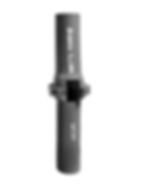Marketing Solutions & Export Facilitation

Elevate your brand and maximize your market presence with our unparalleled expertise in marketing for manufacturers of products used in waterworks and sewerage projects within the infrastructure industry. We understand the unique challenges and opportunities in this specialized sector, and we've honed our skills to help you thrive.
Ductile iron pipes and fittings hold immense importance in waterworks and sewerage projects due to their unique combination of strength, durability, and flexibility. These materials can withstand high-pressure conditions and resist corrosion, making them ideal for conveying both potable water and wastewater over long distances. Their ability to handle the demands of underground installation and transportation of water and sewage under varying soil conditions ensures the reliability and longevity of water distribution and sewage systems. Additionally, their robustness reduces the need for frequent maintenance, translating to cost savings and minimal disruptions in these critical public utility systems. In essence, ductile iron pipes and fittings are the backbone of waterworks and sewerage projects, ensuring the efficient and uninterrupted flow of clean water and the safe disposal of wastewater for communities worldwide.
Infrastructure
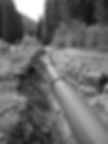
Iron pipes and fittings play a vital role in the energy industry, serving as the backbone of infrastructure for transporting various fluids and gases. Their durability and high resistance to corrosion make them an ideal choice for conveying oil, natural gas, and water in both upstream and downstream operations. Iron pipes are frequently used in pipelines, refineries, and power plants, ensuring the reliable and safe distribution of energy resources. Moreover, these fittings are essential for constructing storage tanks, heat exchangers, and other critical components of energy facilities, contributing to the efficient and dependable operation of the industry as a whole.
Energy
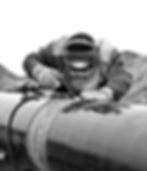
Industries
Export and Sales
Our company provides a full range of export and sales solutions tailored to your objectives. Our seasoned experts will collaborate closely with you to create a personalized export strategy that aligns with your unique requirements and financial plan.
Logistics Consultation
We provide consultation services aimed at simplifying your supply chain and improving your distribution networks.
Our Partners
Ductile iron pipes and cast iron pipes are two distinct materials commonly used in various applications within the field of plumbing and water infrastructure. Ductile iron pipes, known for their flexibility and durability, are often employed for water distribution systems, sewage conveyance, and industrial pipelines. Their ability to withstand high pressure and external loads makes them a reliable choice for underground installations. Cast iron pipes, while less flexible, excel in applications where corrosion resistance and fire safety are crucial, such as for drain and waste systems in buildings. Each type of pipe serves specific purposes, with ductile iron prized for its strength and versatility, and cast iron valued for its resilience and longevity in particular settings.
Ductile/Cast Iron Pipes
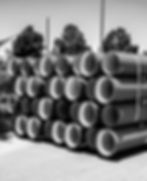_edited.jpg)
Fittings play an indispensable role in the functionality and integrity of waterworks, sewerage, and gas pipelines. These components, including elbows, tees, couplings, and valves, serve as the vital connective tissue of these infrastructure systems. Fittings enable pipelines to navigate around obstacles, change direction, and regulate the flow of fluids or gases. They ensure that pipelines are adaptable, efficient, and safe, facilitating the distribution and disposal of water, sewage, and gas with precision. The choice of appropriate fittings is paramount in maintaining the reliability and durability of these essential systems, as they must meet specific standards and codes to ensure the seamless operation and safety of water supply, wastewater management, and gas distribution networks.
Fittings and Valves
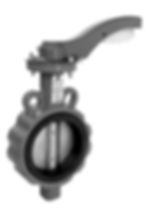
In metal pipelines, gaskets, lubricants, nuts, and bolts collectively ensure the efficiency and reliability of the system. Gaskets, often made from materials like rubber or graphite, serve as sealing elements placed between pipeline flanges to create a tight, leak-resistant connection. Lubricants are applied to these fastening components to reduce friction during the tightening process, allowing for proper torque application and ensuring a secure seal. Nuts and bolts are used to fasten the flanges together, compressing the gasket and preventing leaks. This combination of gaskets, lubricants, nuts, and bolts is crucial in various industries, including oil and gas, water distribution, and chemical processing, as it helps maintain pipeline integrity, prevents environmental contamination, and ensures the safe and efficient transport of fluids or gases. Proper installation and maintenance of these components are essential for the long-term performance of metal pipelines.
Installation Accessories
